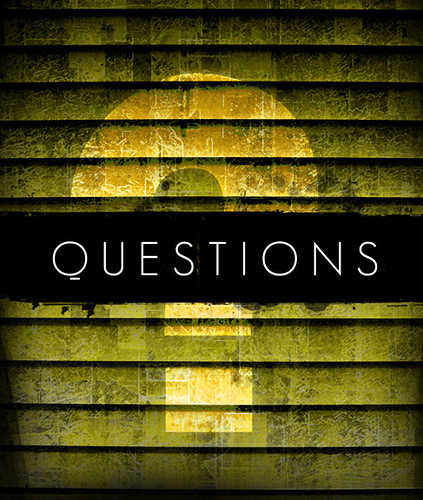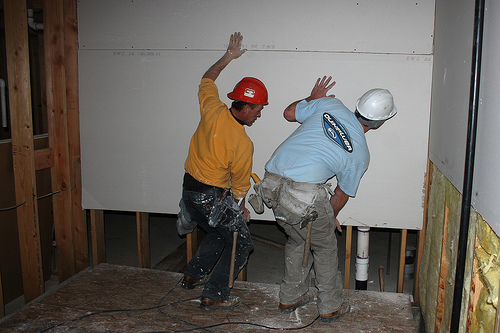Conversations about Why? (Part 1)
Often, when I am listening to a client share about their life, they are  typically elaborating on some monstrosity that has created such pain and difficulty. They are in anguish, confusion, and disorientation. What I find true is that the most common question that surfaces is Why? Why did this or that happen? What did I do to deserve this? Why am I the one to go through this difficulty? Whether it is loss, divorce, physical, illness, an accident, or even near death, the universal question that follows is: Why did this happen?
typically elaborating on some monstrosity that has created such pain and difficulty. They are in anguish, confusion, and disorientation. What I find true is that the most common question that surfaces is Why? Why did this or that happen? What did I do to deserve this? Why am I the one to go through this difficulty? Whether it is loss, divorce, physical, illness, an accident, or even near death, the universal question that follows is: Why did this happen?
How do you answer this question? What do you say to yourself when bad things happen and seemingly you have done nothing to cause the event? Or maybe you have contributed somehow, but certainly not to the degree of consequences that you are experiencing. We struggle for a rationale. We struggle for answers. Sometimes we just simply want the dots to connect.
Why won’t the dots connect? What is it about life that allows for these times of hurt, or such disorientation? All of us have heard or perhaps said, “just gotta pull yourself up by your bootstraps.” Is that what we need to do or is that what we are conditioning ourselves to do? Sometimes life is just perplexing. It does not make sense nor does it remedy our current circumstances. The “so what” question then is, so…what does this mean? Does it have to mean something at all? Maybe  life simply does not make sense. If that is true then at times we are living senseless lives. Or are we?
life simply does not make sense. If that is true then at times we are living senseless lives. Or are we?
This indeed is a conversation of life that warrants a great deal of reflection and understanding because how we answer this question decides two very divergent paths that will follow. Either life is fatalistic and remains periodically senseless or everything possesses a reference point that can create something that contains ingredients of life. How do you see it? How do you have conversations about why?
Photos courtesy of Flickr , Caitlin Marie & WorshipHim 24 7














 it today. Conversation originally meant to transform or to turn around. It meant to dwell or associate. Imagine if more often we realized that our conversations have the influence and power to change. How would we handle our conversations knowing that they are a catalyst to literally transform others or to be transformed? So… what is your Conversation with Life and how is it offering you and others a place of dwelling?
it today. Conversation originally meant to transform or to turn around. It meant to dwell or associate. Imagine if more often we realized that our conversations have the influence and power to change. How would we handle our conversations knowing that they are a catalyst to literally transform others or to be transformed? So… what is your Conversation with Life and how is it offering you and others a place of dwelling?

